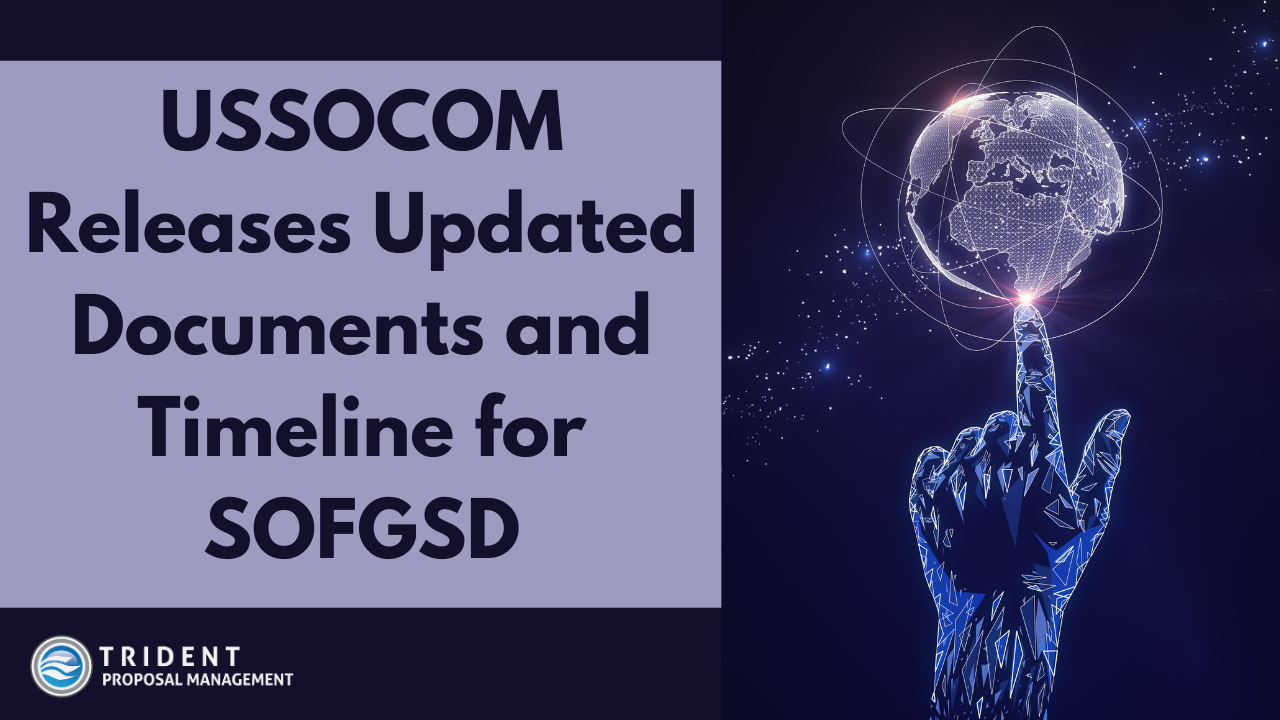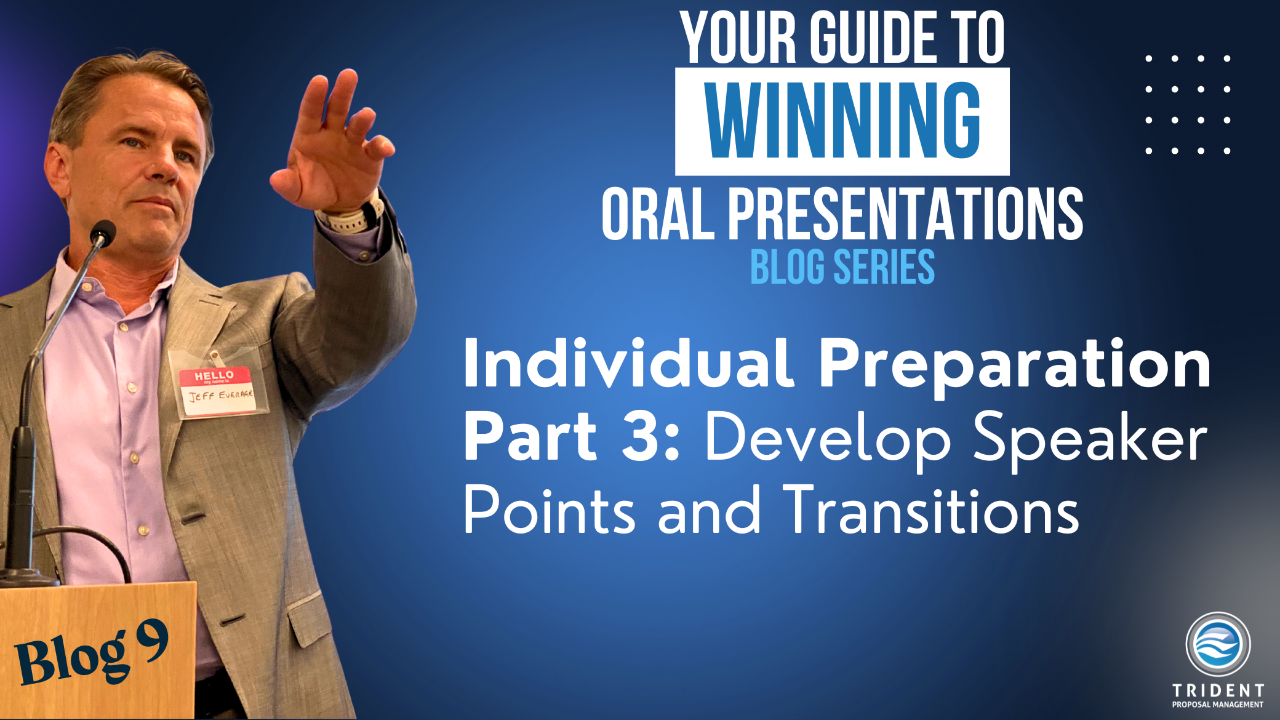Think holding a GSA MAS IT contract means you’re a shoo-in for Polaris? Not so fast…
May 09, 2021
Don't forget to register for our webinar series on how to become a prime on the Polaris GWAC IDIQ. [Register HERE!]
If you are a small business selling Information Technology (IT) services or products to the Federal government, then you’ve probably already heard about GSA’s upcoming GWAC called Polaris. This multi-billion dollar, 10-year, Small Business Set Aside (SBSA) IDIQ is designed to procure “all things IT” for the US Government. That description might remind you of another GSA IDIQ – the Multiple Award Schedule (MAS) Information Technology IDIQ (more commonly known as GSA’s Schedule 70). So, what’s the difference? And more importantly, how can you tell if should you spend your limited time, resources, and energy pursuing Polaris? Let’s set a quick baseline at a very high level to compare these two:

Let’s start with the similarities...
Both contracts are multiple-year, billion-dollar-sized contracts that sell IT, and they were both created to consolidate or harmonize the procurement process of IT. Basically, they are designed to steer the business through a single contract vehicle; to the benefit of the government, providers, and end customers.
Now for the differences:
- Set-Asides: While it’s true that small businesses account for ~80% of vendors on MAS IT, Polaris is exclusively for small businesses, with dedicated pools for HUBZone and Women-Owned Small Businesses (WOSB).
- Contract Construct: Polaris will use the IDIQ/Competitive Task Order construct, while MAS IT consolidates vendors into a catalog.
- Vendor Pool: There are 4,600+ vendors who currently hold a MAS IT contract. In contrast, the total number of awards expected under Polaris (based on historical contracts like Alliant 2 SB) will probably be less than 200.
- Minimum Contract Thresholds: Polaris awardees will need to meet double the minimum contracting threshold that MAS IT requires. Awardees who fail to meet the $500k minimum sales requirement can expect to be off-ramped from Polaris.
- Minimum Past Performance: MAS IT requires that businesses have at least 2 years of past performance to be eligible for a schedule. By contrast, Polaris will evaluate a company’s experience on up to 13 distinct past performance projects with minimum qualifying criteria at the project level, including relevancy, total value, contract type, recency, and duration.
So, what can a potential bidder deduce from these differences? The answer is a lot! Here are 5 key takeaways that every potential bidder should keep in mind:
- First, being a HUBZone or WOSB carries a distinct advantage under Polaris. (Tip: Not an SB? Ask us about our Team Finder service!)
- Second, Polaris awardees will have to compete for work by responding to quick-turn RFPs with varying – and possibly more stringent -- requirements at the task order level. (Tip: Contact us if you need to augment your proposal response resources!)
- Third, while the total competitive pool under Polaris will be smaller, getting a seat on the IDIQ in the first place might be tougher. (Tip: Download our Eligibility Checklist and Project Evaluation Form to help determine whether Polaris is right for you!)
- Fourth, companies who have struggled to meet minimum contracting thresholds (or, who have won IDIQs but struggled to win subsequent task orders) will need to make strategic business development decisions and investments to succeed on Polaris (Tip: Contact us if you need help with your BD strategy!)
- And finally, companies will need a number of qualifying (i.e. relevant and quality) past performance examples – not just a minimum number of years in business to qualify and be competitive for Polaris. (Tip: Download our Project Evaluation Forms to see how well your experience will score, or ask us about our Team Finder service!)



